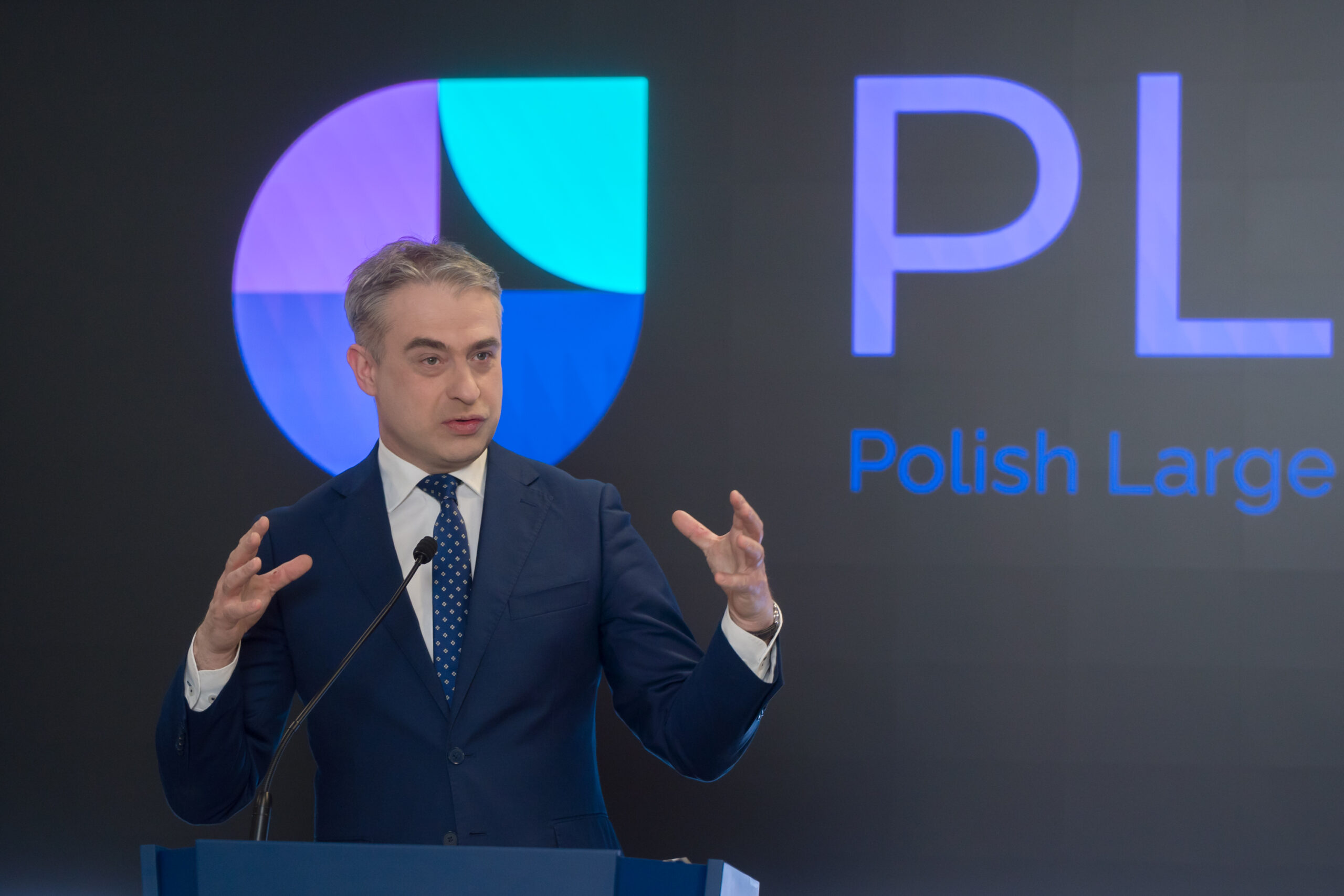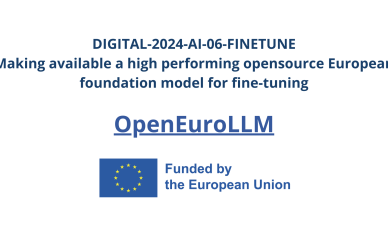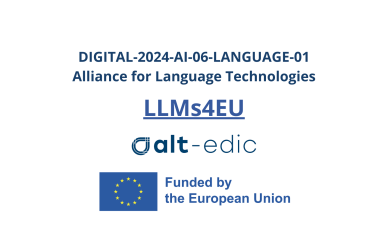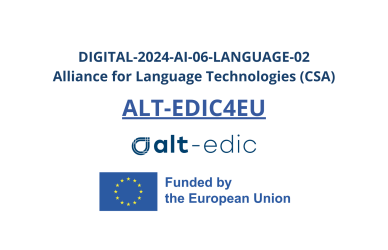The Ministry of Digital Affairs presented on February 24th, 2025, the Polish language model PLLuM along with its development plan. PLLuM (Polish Large Language Model) is a family of artificial intelligence models designed to process and generate texts in Polish. Created by Polish IT and linguistics experts, these models will support digital competencies development and innovation in public administration and business. Starting today, the model is available to everyone at http://pllum.clarin-pl.eu.
“PLLuM is proof that we can develop modern technologies on our own terms, in our language, for the benefit of our citizens. We are laying the foundation for intelligent public services and innovations that will provide real support for both administration and business,” said Deputy Prime Minister and Minister of Digital Affairs Krzysztof Gawkowski.»
PLLuM stands out among other language models. It is tailored to the specifics of the Polish language and public administration terminology. Its development involves comprehensive procedures for data collection and quality assessment. PLLuM primarily uses organic data – manually developed rather than generated by other language models. Trained on Polish resources, it excels in handling the complexities of Polish inflection and syntax, generating precise content.
PLLuM will provide advanced solutions for public administration, further supporting Poland’s digital transformation:
- A virtual assistant in the mObywatel app to assist citizens in obtaining public information.
- An intelligent administrative assistant to automate document processing, content analysis, information retrieval, and support responses to citizen inquiries.
- Education, facilitating the development of educational applications, translations, and aiding teachers in conducting engaging lessons with the latest technologies.








